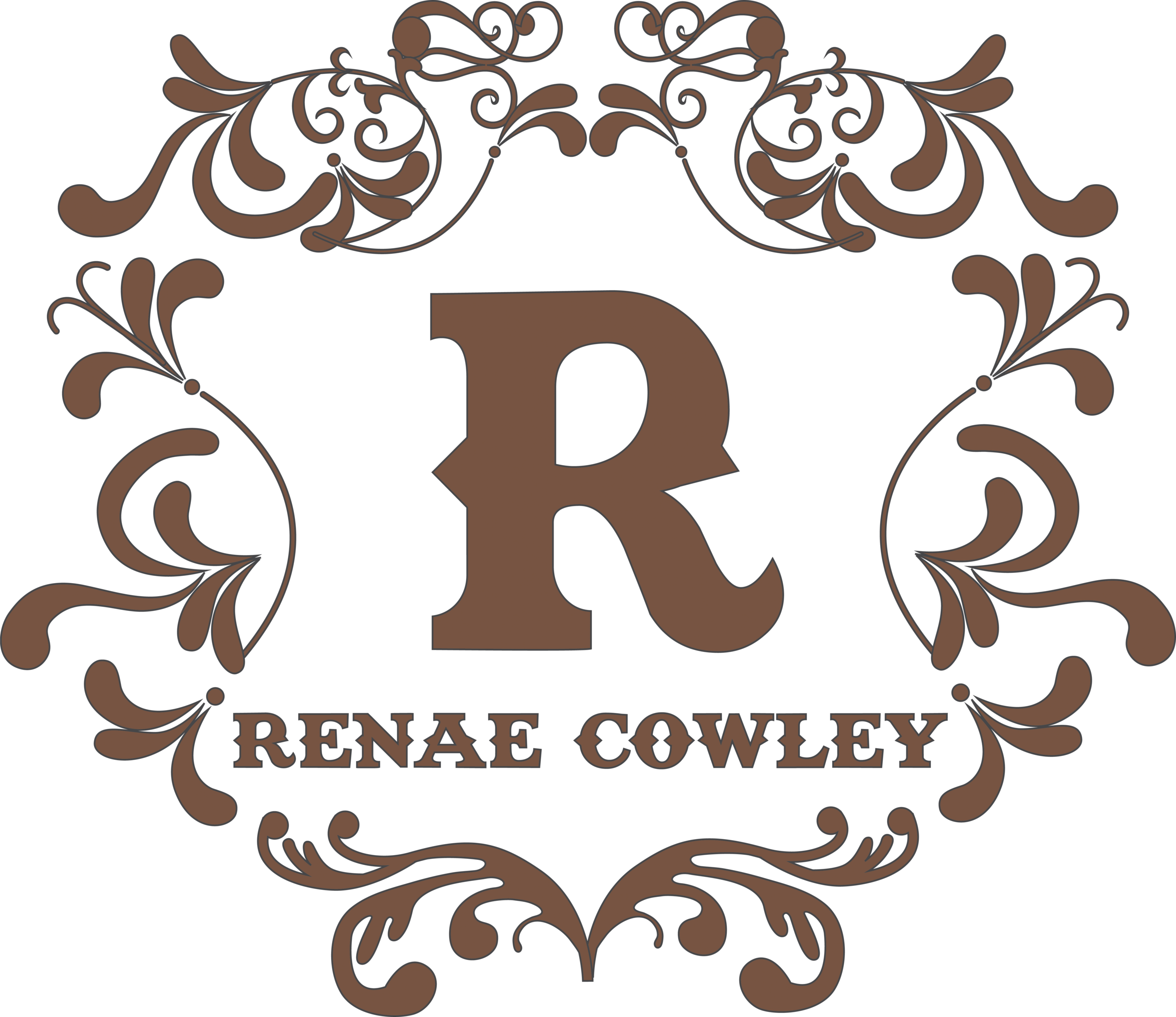Conditioning: Keeping your Horse Fit and Fabulous
When people ask me how I condition my horses, it is a far more complicated answer than listing a bunch of drills. I break conditioning into three equally important categories. All three need to be in balance in order to have a happy, healthy horse that will consistently clock winning times. For Stryker and for all my horses, I want to keep them in peak physical and mental condition.
Strength – We all want our horses to have sleek coats, rippling muscles, and to be as flexible as a gymnast. This doesn’t happen overnight nor does it happen by only riding once or twice a week. Consistent, deliberate practice is the key to developing a strong body and mind. We all have busy schedules but with planning and dedication, you can find the time to ride. (For tips on how to spend more time in the saddle, check out my e-course on time management). Riding three days in a row is better than riding three non-consecutive days. Horses can get a case of the Mondays just like their riders and, especially with young horses, the first ride after a break is often spent knocking the rust off.
Suppleness and softness is what I spend 80% of all my practice rides working on. Clinton Anderson said, “Nobody ever said ‘I want to sell this dang horse, it is too soft and responsive’”. In order for barrel horses to perform to the best of their ability, they need to be flexible. I spend a lot of time flexing their nose left and right, pushing their shoulders in and out, moving their hips around their front end, and moving along a straight line while they maintain a perfect arc in their body.
Equally important is keeping the pressure off of them during practices. Barrel racing is stressful and barrel horses are often fragile minded animals. Build their confidence slowly and make it an enjoyable experience. That does not mean let them get away with things and buffalo you, but find small victories and reward them enthusiastically when they do well.
Mental - I am a firm believer in letting your horse be a horse. That means keeping them in their natural environment as much as possible. Now, I acknowledge that I'm incredibly blessed with a very good set up to give my horses this experience. I know not everyone can keep their horses on a big pasture, but I recommend replicating this environment as much as possible.
Horses are herd animals that thrive emotionally when they have pasture-mates. Even if they fight from time to time, this social interaction is very important in teaching them respect, hierarchy, trust, and other herd behaviors. Horses are built to need to move around all day grazing off the ground. There is a lot of science that points to the benefits of horses eating food on the ground, not a feeder. If your horse is in a stall, ditch the hanging feeder and rig up a large bucket on the ground to put their hay in. Constant movement is natural and helps joints and muscles from getting stiff and sore. Again, if your horse is in a stall, perhaps put them on a walker while you clean their stall or turn them out in the arena to stretch their legs.
Humans need vacations from their daily grind not only to stay sane, but to keep us dedicated to our jobs. Horses are no different. I like to take my horses on trail rides, ride in different arenas, or herd cows on them just for a change of scenery. It keeps your horse mentally sharp because every time you cinch up, they need to pay attention to your cues to know what their job is that day.
Wellness - Along the same line of thinking, I want my horses to have the most natural diet possible. My horses are on pasture 7-8 months out of the year. In the winter, I feed high quality alfalfa hay. Year-round, I feed COB grain (corn, oats, and barley). Now that I have a barrel horse, I have changed this from dry COB to wet (sweet), just to give him more calories and energy. I am not big on supplements, mostly because my horses are performing well without them right now. I may change my feed program when we are on the road more but for now, I want to keep it as natural as possible. Lastly, I feed one supplement that is more like a multivitamin called Hay Balancer. It was created by my vet’s grandfather and is milled right here in my home state, Utah.
Be sure to subscribe to my YouTube channel for more strength-training drills, barrel racing tips, and behind the scenes footage of my journey to the NFR.

